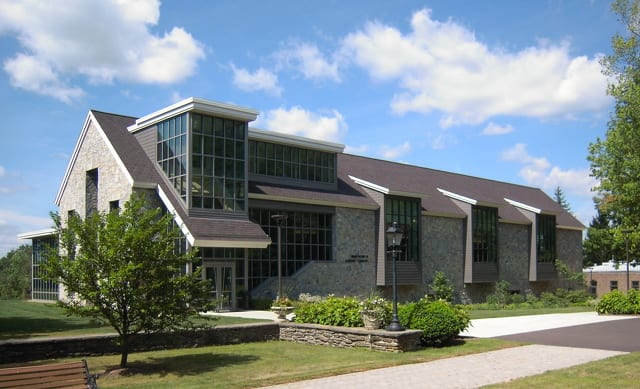In addition to what is expected to be a controversial election for board leadership, Penn State’s Board of Trustees will set 2016-17 tuition rates and the university’s operating budget when it meets Thursday and Friday at the university’s Wilkes-Barre campus in Lehman, Pa.
Penn State issued a base tuition freeze for Pennsylvania undergraduates in 2015-16, but 2016-17 is likely to see an increase.
After the the Commonwealth passed its 2016-17 budget earlier this month and included a 2.5 percent overall increase for the university, Penn State President said in a news release that those added funds would result in a ‘very modest rise in tuition for in-state undergraduate students.’
Non-resident students last year saw an increase ranging from zero to 2.4 percent at the school’s Commonwealth Campuses and 2.99 percent at University Park.
Penn State’s University Park campus is regularly ranked as the most expensive or second-most expensive public university in the nation, largely due to its unique relationship with the Commonwealth in which it receives lower state appropriations than most major state universities.
The tuition rate will be discussed along with the university’s overall 2016-17 budget. Penn State’s operating budget for 2015-16 was 4.9 billion.
Among other items on the agenda:
– Applications for liquor licenses for the Nittany Lion Inn, Bryce Jordan Center, Beaver Stadium, Rec Hall, Pegula Ice Arena, Medlar Field and Penn State Golf Courses. The Nittany Lion Inn and Medlar Field have already held liquor licenses. Earlier this year, board authorized the university to pursue public venue liquor licenses for the other athletic facilities.
– Authorization to purchase an $8.6 million cryon-electron microscope for the Millennium Science Complex. According to the agenda, the microscope ‘provides near atomic level detail in biological and soft materials. This instrument will allow researchers to know the structure and function of materials and will change our understanding of life. This instrument will further advance biomedical research at Penn State. Students will have critical training needed for the future.’
– Naming of two new residence halls at University Park. The proposed name for a new residence hall in the North Halls complex is Robinson Hall, in honor of Sarah Robinson the first music instructor at Penn State, when it was called the Agricultural College of Pennsylvania. With board approval, a new residence hall in the East Halls complex will be named Earle Hall in honor of George Howard Earle III, Pennsylvania’s governor from 1935-39.
– Consent agenda items include the purchase of property at 111 N. Butz St. in State College and 2175 Fox Hill Road in Benner Township.
The Butz Street property — a .09 acre property including a two story, 2,032 square foot mixed use building — was purchased in April for $420,000. ‘The purchase provides strategic campus expansion opportunities and eliminates the possibility of adverse ownership, with its proximity to land currently owned by the University in the West College Avenue corridor,’ according to the consent agenda.
In May, the university purchased the leasehold interest of the Federal Express building at 2175 Fox Hill Road, from FedState Partners for $985,000. ‘The purchase provides for the recapture of a ground lease the University had with FedState Partners, ownership of the building, and leasehold income from Federal Express,’ the agenda states. ‘The acquisition eliminates the possibility of assignment to a third party.’
The board will hold committee meetings beginning at 7:30 a.m. Thursday at Penn State Wilkes-Barre’s Nesbitt Academic Commons. On Friday, public comment will be held at 8 a.m. in Barry Auditorium, 103 Nesbitt Academic Commons. The board meeting will be called to order at 1:30 p.m.



